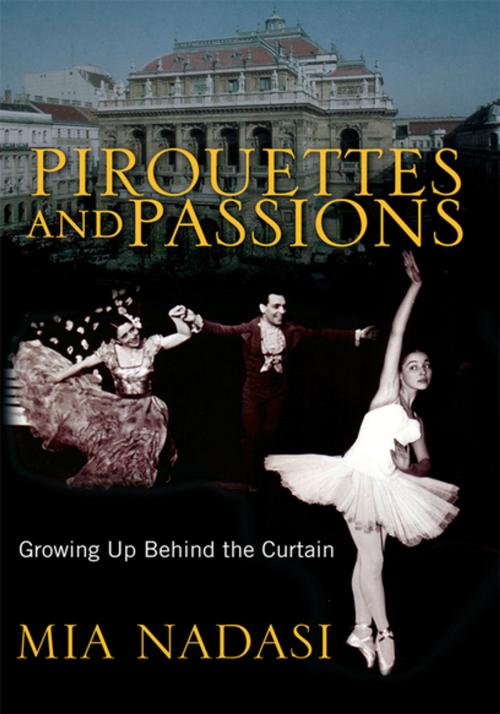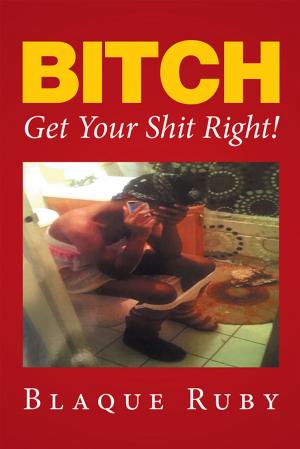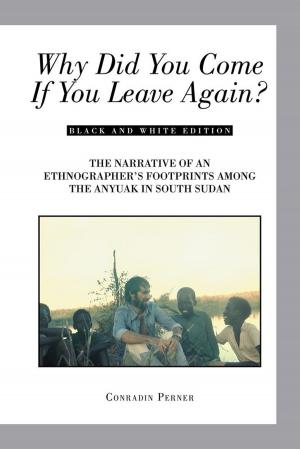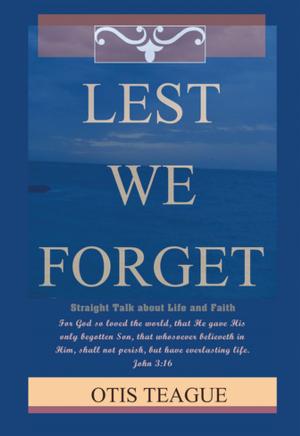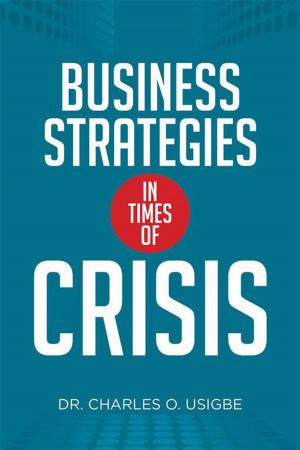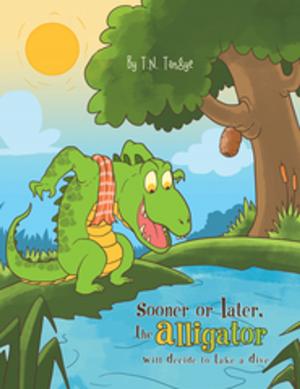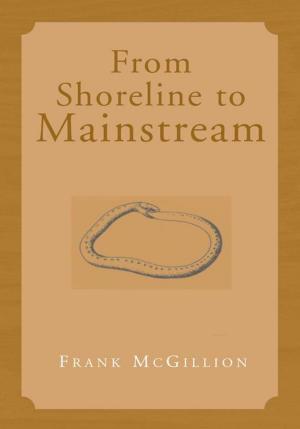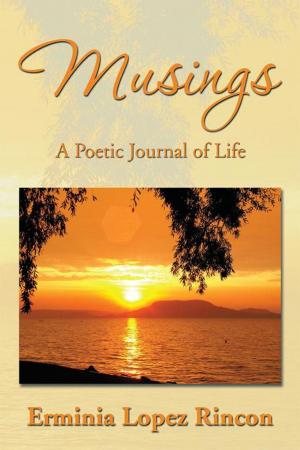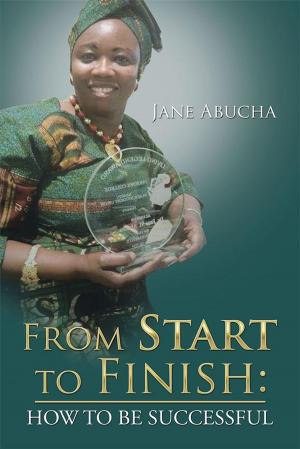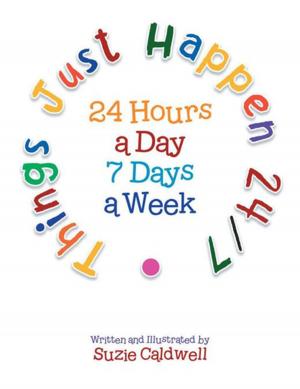Pirouettes and Passions
Growing up Behind the Curtain
Biography & Memoir, Entertainment & Performing Arts| Author: | Mia Nadasi | ISBN: | 9781465318992 |
| Publisher: | Xlibris US | Publication: | December 28, 2006 |
| Imprint: | Xlibris US | Language: | English |
| Author: | Mia Nadasi |
| ISBN: | 9781465318992 |
| Publisher: | Xlibris US |
| Publication: | December 28, 2006 |
| Imprint: | Xlibris US |
| Language: | English |
Pirouettes and Passions Growing up behind the Curtain By Mia Nadasi This memoir is for readers interested in ballet and theatre and life of the privileged artists behind the ex- Iron Curtain. It fills a gap about a period and Hungarys artistic life not much written about in English. My parents were both ballet dancers, my father rose to be the Artistic Director of the Hungarian State Ballet Company. I followed their footsteps and became a dancer and an actress. The journey of our family which starts in the 19th century is typically European as it encompasses locations of several countries: Germany, France, Russia, Switzerland, even South America and of course mainly Hungary. The history of their families could not have been more different. My father was an illegitimate child and had to overcome a poverty-stricken childhood to become a much awarded leading artist of his day, regarded today as one of the founding father of classical ballet in Hungary. He personally encountered great names in the ballet world; took classes with Cecchetti, where his fellow dancers included Nijinsky and Karsavina and watched Fokine creating his ballets. My mother hailed from a wealthy bourgeois family of French/German extraction yet the two of them ended up dancing together all over Europe before settling in Hungary. Having established their ballet studio in Budapest they became well-known and successful members of the glittering pre-war Budapest society. I was born during the war and after the communist take-over life has changed fundamentally. Initially my parents were regarded as capitalists, but soon their expertise was recognised and like so many other artists, they became privileged within the constraints of the regime. From an early age I was groomed to become an artist. I describe my years as a ballet student in the State Ballet Institute, based on the system of the Russian school. As a child I started acting at one of the most distinguished theatre companies (Vigszinhaz) and later I joined as the youngest ever member. At the same time I made my debut in a successful film, as a result I became one of the well-known faces in the country. When I graduated from the State Ballet Institute my partner was Ivan Nagy. However, I turned my back on ballet and decided to become an actress. In the nineteen-fifties and sixties I got to know the most important players in the ballet, theatre and film world. During that period I grew up and matured both as a performer and a young woman. My sentimental education, crushes, romances and heartbreaks were all informed by that milieu. I was a schoolgirl during the 1956 uprising and experienced the so-called soft dictatorship that followed. However, my perspective is always personal; the great historical events only feature as much as they touched my life. There is more emphasis on everyday life and the small human dramas that shaped my fate and those of my friends. It was also fate that made me to give up my homeland and take a flight to England.
Pirouettes and Passions Growing up behind the Curtain By Mia Nadasi This memoir is for readers interested in ballet and theatre and life of the privileged artists behind the ex- Iron Curtain. It fills a gap about a period and Hungarys artistic life not much written about in English. My parents were both ballet dancers, my father rose to be the Artistic Director of the Hungarian State Ballet Company. I followed their footsteps and became a dancer and an actress. The journey of our family which starts in the 19th century is typically European as it encompasses locations of several countries: Germany, France, Russia, Switzerland, even South America and of course mainly Hungary. The history of their families could not have been more different. My father was an illegitimate child and had to overcome a poverty-stricken childhood to become a much awarded leading artist of his day, regarded today as one of the founding father of classical ballet in Hungary. He personally encountered great names in the ballet world; took classes with Cecchetti, where his fellow dancers included Nijinsky and Karsavina and watched Fokine creating his ballets. My mother hailed from a wealthy bourgeois family of French/German extraction yet the two of them ended up dancing together all over Europe before settling in Hungary. Having established their ballet studio in Budapest they became well-known and successful members of the glittering pre-war Budapest society. I was born during the war and after the communist take-over life has changed fundamentally. Initially my parents were regarded as capitalists, but soon their expertise was recognised and like so many other artists, they became privileged within the constraints of the regime. From an early age I was groomed to become an artist. I describe my years as a ballet student in the State Ballet Institute, based on the system of the Russian school. As a child I started acting at one of the most distinguished theatre companies (Vigszinhaz) and later I joined as the youngest ever member. At the same time I made my debut in a successful film, as a result I became one of the well-known faces in the country. When I graduated from the State Ballet Institute my partner was Ivan Nagy. However, I turned my back on ballet and decided to become an actress. In the nineteen-fifties and sixties I got to know the most important players in the ballet, theatre and film world. During that period I grew up and matured both as a performer and a young woman. My sentimental education, crushes, romances and heartbreaks were all informed by that milieu. I was a schoolgirl during the 1956 uprising and experienced the so-called soft dictatorship that followed. However, my perspective is always personal; the great historical events only feature as much as they touched my life. There is more emphasis on everyday life and the small human dramas that shaped my fate and those of my friends. It was also fate that made me to give up my homeland and take a flight to England.
